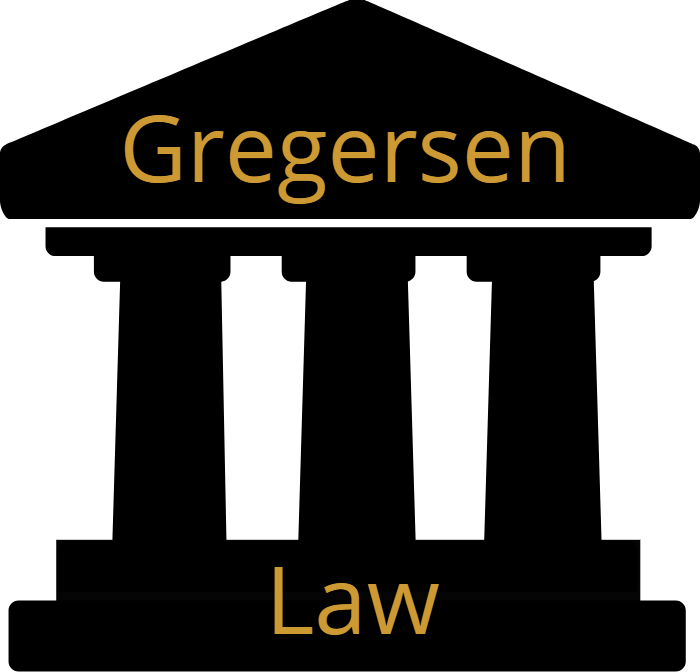Nelson v. Provo City, 872 P.2d 35 (Utah App. 1994) and 6 P.3d 567 (Utah App. 2000).
Facts: 1869 U.S. deeded to Provo Mayor, as trustee, per Townsite Act, land in the Provo townsite, including an existing roadway. Provo deeded out lots north of roadway.
1989 City moved roadway to south, landlocking parcel to north.
Plaintiff landowner sued, claiming reversionary interest to middle of roadway. Trial court ruled for defendant city, concluding Provo had fee simple (absolute) per townsite conveyance.
Issue: Under the conveyance in trust per Townsite Act, was an equitable interest received by collective Provo occupants as beneficiary? If so, did road so remain unless Provo reserved the roadway for public use? Did this equitable interest allow city to move roadway? (The case poorly and indecisively treats the issue of whether adjoiner held a reversionary interest to the center of the roadway.)
Analysis The 1867 Townsite Act (repealed 1973), said the property was acquired in trust for use and benefit of the occupants, according to their respective interests. Execution of this trust to be per rules of State or Territorial legislature: 57-7-17: city may reserve land for streets by executing and delivering a deed. 57-7-8: If city claims lands, then upon court adjusting lands to city, the city recorder shall execute a deed to city. (If in “trust,” in what manner are duties of public servants increased? Why can’t trial court now adjudicate that city owns road per 57-7-8?)
Where roadway was dedicated to public use by a “proprietor,” city has a determinable fee, which terminates upon vacation. Where city owns underlying fee (fee simple absolute), then upon vacation, city retains right to underlying fee. Here, Provo “may” hold roadway in fee simple (absolute), but that interest is held in trust. (Analysis locking, in 1st opinion, of why concluding that fee is absolute. Also fails to state this conclusion with a final aire. It’s as if court of appeal is unsure of itself.) Remanded for consideration of City’s role as trustee, with its “attendant fiduciary duties to the beneficiaries.”
The opinion as to 2nd appeal:
On remand, trial court concluded that (1)landowner had no reversionary interest to middle of roadway, and (2) city acted in best interest of collective occupants by realigning roadway. Landowner appealed as to 1st question.
Where a private grantor splits a parcel into lots and streets, then the adjoiner may own to the center of roadway. Here, (1) street already existing before abutting land occupied, and (2) public entity was grantor. So no reversionary interest.
